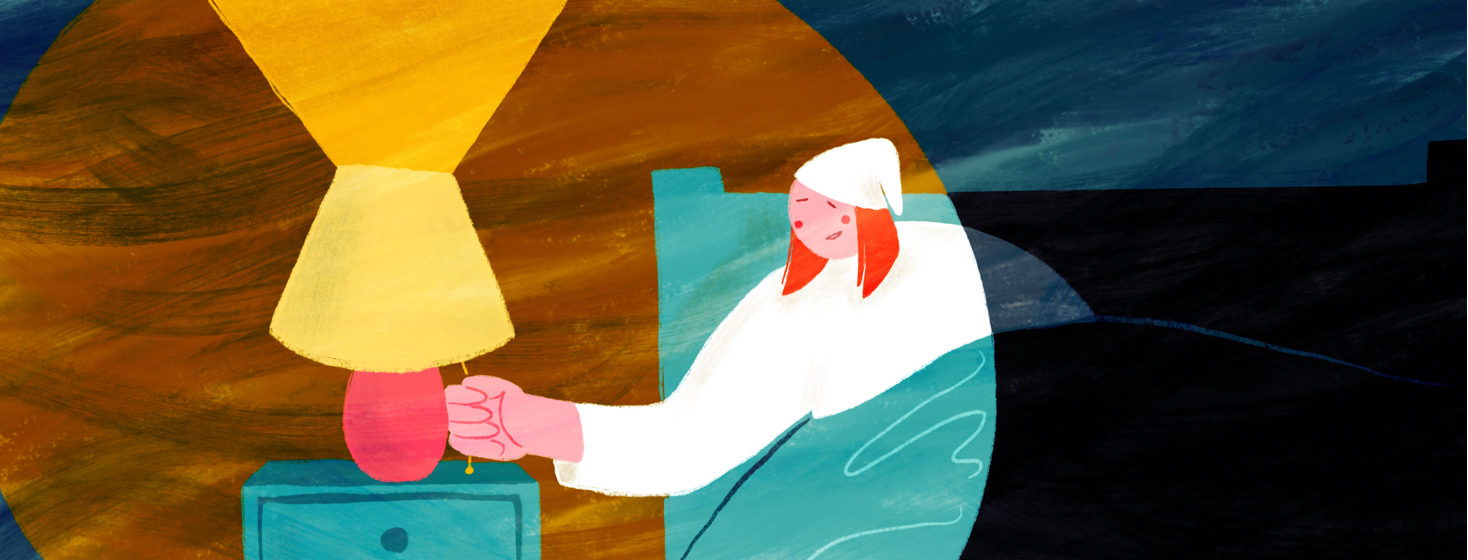Tips To Improve Your Sleep
Sleep is fundamental to help regulate the immune system and live a vibrant and energetic life. We need sleep for restoration, repair, reinforcement of immune function, energy conservation, and more.
Thus, it is essential to make it a priority, especially if you are fighting a chronic autoimmune condition like AxSpA. The amount needed varies per person. Experiment and see what works for you to function and feel well (the average is usually anywhere between 7 and 9 hours).
Below a few tips that can hopefully help you to sleep like a pro 😊
Control your exposure to light
Light is the primary determinant of our circadian rhythm and sleep/wake cycle, thus it is a powerful way to regulate sleep. The first step is to reduce your exposure to light in the evenings by minimizing blue-light emitting devices (TV, tablets, phones). You can also purchase blue-light blocking glasses. Then, make your bedroom as dark as possible. The second step is to get sunlight exposure during the day by taking a short walk when you wake up in the morning, eating breakfast outside in the sun, and going outside throughout the day.
Prepare for sleep
Get ready to wind down a couple of hours before sleep, choose quieter activities that resonate with you and help you slow down. My favorites are a hot bath, reading a book, or doing some gentle yoga. Finally, quiet the digestion by avoiding a big meal or lots of snacking right before sleep (unless you have been instructed by a practitioner to help with blood sugar issues). It’s best to go to bed neither overly full nor hungry.
Create a relaxing sleep environment
Design your bedroom to help you feel relaxed and calm. Avoid using electronics if possible. Control the temperature – a cooler temperature is usually preferred. Get a comfortable bed (a worthy investment!)
Manage your stress
Calm your system by implementing stress management techniques like deep breathing, meditation, yoga, or relaxing music. This will help avoid your cortisol level to spike up in the evening, which then decreases the quality of your sleep.
Reduce caffeine and alcohol
These two can have a profound impact on sleep quality. Become aware of how you feel when you consume them (and how much). If possible, try not to drink coffee past 12pm and see if this helps.

Join the conversation